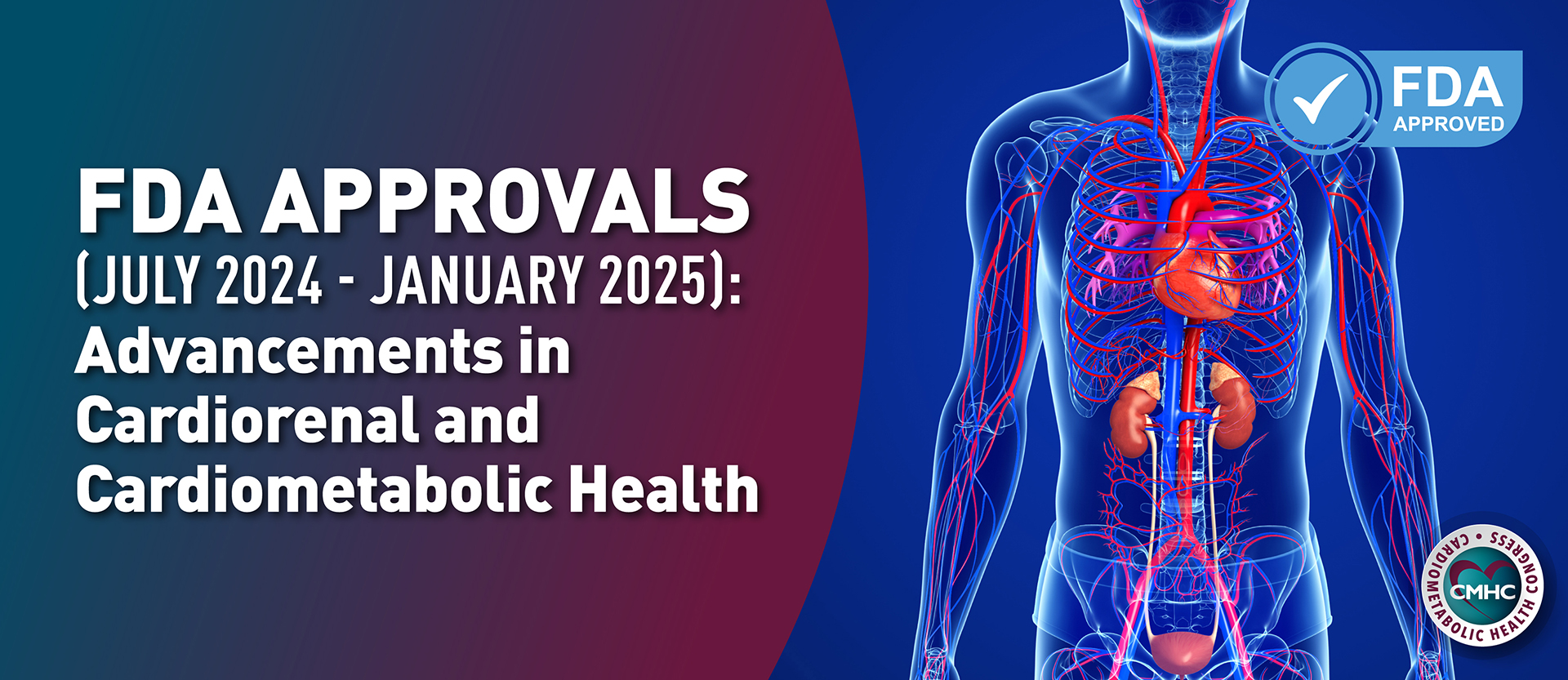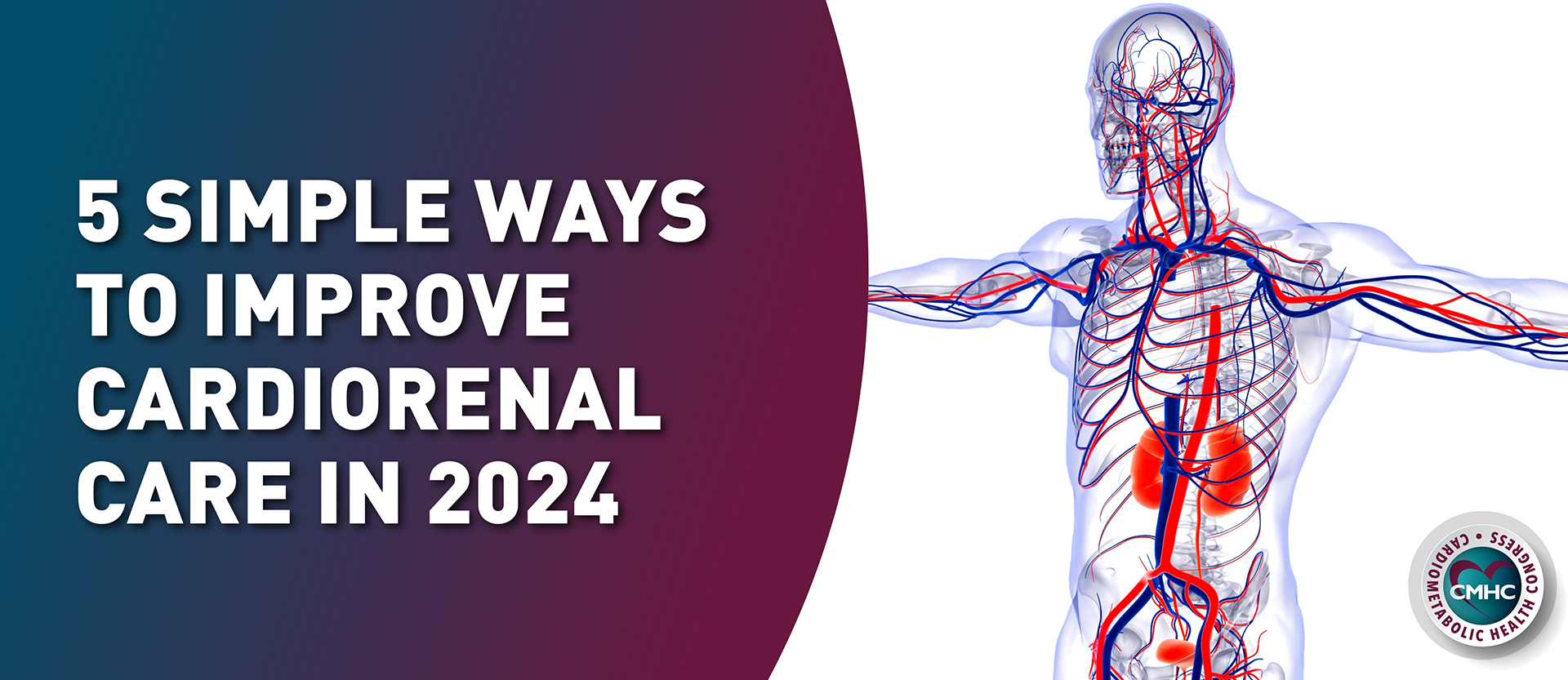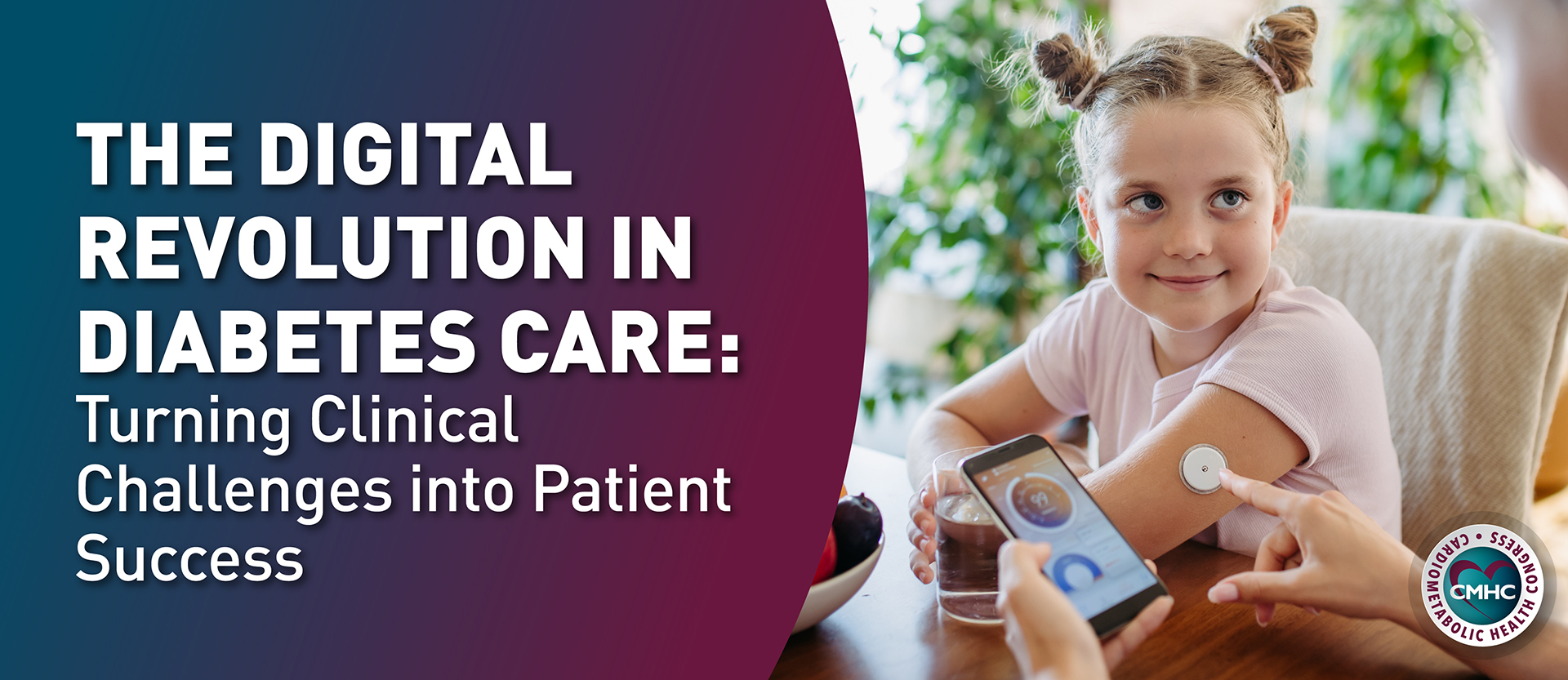Cardiometabolic risk encompasses a complex spectrum of interrelated conditions, including cardiovascular disease, type 2 diabetes, and metabolic syndrome. These interconnected diseases pose a significant global health threat, with cardiovascular diseases alone accounting for one-third of all deaths worldwide, according to the World Health Organization. We need a comprehensive and innovative approach to cardiorenal metabolic management and risk reduction to address this challenge.
One promising strategy is the formation of creative partnerships between patients and their healthcare teams. We can revolutionize patient care and significantly reduce cardiometabolic risk by fostering collaborative relationships and leveraging diverse expertise and experiences. This blog post explores the development of such partnerships and their potential to transform healthcare outcomes.
4 Keys To Partnering With Patients: The Cornerstone of Effective Cardiorenal Metabolic Management
At the heart of any successful healthcare intervention lies the patient. Engaging individuals as active participants in their care plans can significantly enhance outcomes and improve overall quality of life. This patient-centered approach requires healthcare providers to build strong, trusting relationships with those under their care. Here are four key strategies to achieve this:
1.Shared Decision-Making (SDM)
Involving patients in decision-making about their treatment options empowers them and ensures their preferences and values are respected. This collaborative approach can lead to increased adherence to treatment plans and better health outcomes. A systematic review published in the Journal of General Internal Medicine found that shared decision-making (SDM) was associated with improved patient satisfaction, treatment adherence, and health outcomes across various chronic conditions.
Implementation strategy: Utilize decision aids and patient education materials to facilitate informed discussions about treatment options, risks, and benefits.
2.Open Communication
Encouraging open, honest, and regular communication between patients and healthcare providers is essential. Patients should feel comfortable discussing their symptoms, concerns, and lifestyle habits without fear of judgment. This transparency helps in tailoring more effective and personalized care plans.
Implementation strategy: Implement “teach-back” methods, in which patients explain their understanding of their condition and treatment plan. This ensures clear communication and identifies areas that need further explanation.
3.Education and Empowerment
Educating patients about their condition and the importance of managing cardiometabolic risk factors can empower them to take control of their health, improve healthcare outcomes, and reduce clinician burnout. Resources such as informational brochures, online tools, and support groups can enhance their understanding and engagement.
Implementation strategy: Develop a comprehensive patient education program with interactive workshops, digital learning modules, and peer support groups to cater to diverse learning styles and preferences.
4.Motivational Interviewing
Utilizing techniques like motivational interviewing can help patients identify and overcome barriers to behavior change. By exploring their motivations and ambivalence, healthcare providers can support patients in setting and achieving realistic health goals. A meta-analysis published in the Journal of Consulting and Clinical Psychology found that motivational interviewing effectively promoted behavior change across various health domains, including diet and exercise.
Implementation strategy: Provide training for healthcare providers in motivational interviewing techniques and incorporate these skills into routine patient interactions.
Teamwork Triumphs: A Multidisciplinary Approach to Cardiorenal Metabolic Management
The complex nature of cardiometabolic disorders necessitates a sophisticated, multidisciplinary approach to patient care. By leveraging the expertise of various medical specialties, we can provide comprehensive, patient-centered care that addresses the multifaceted aspects of cardiometabolic health. This collaborative model enhances patient outcomes and promotes efficiency in healthcare delivery.
Key Specialties and Their Contributions:
Internal Medicine and Family Practice
As the cornerstone of primary care, internists and family practitioners play a pivotal role in the early detection and ongoing cardiorenal metabolic management.
Key contributions:
Comprehensive health assessments including advanced lipid panels, glucose tolerance tests, and cardiovascular risk stratification
Implementation of evidence-based screening protocols for early detection of metabolic syndrome, diabetes, and cardiovascular disease
Coordination of care across specialties, ensuring a cohesive treatment approach
Longitudinal patient relationships facilitating lifestyle modifications and medication adherence
Utilization of point-of-care testing for rapid risk assessment and treatment adjustments
Advanced considerations:
Integration of genetic risk factors and pharmacogenomics in personalized treatment plans
Implementation of remote patient monitoring systems for continuous risk factor tracking
Utilization of artificial intelligence-assisted decision support tools for optimized risk prediction and management
Endocrinology
Endocrinologists bring specialized expertise in complex metabolic disorders, particularly in managing diabetes and its cardiovascular complications.
Key contributions:
Management of complex diabetes cases, including those requiring advanced technologies like continuous glucose monitoring and insulin pumps
Evaluation and treatment of secondary causes of hypertension
Assessment and management of lipid disorders
Diagnosis and treatment of endocrine disorders affecting cardiometabolic health
Advanced considerations:
Utilization of advanced biomarkers for precise risk stratification (e.g., apolipoprotein B, lipoprotein(a))
Implementation of emerging therapies such as GLP-1 receptor agonists and SGLT2 inhibitors for cardiovascular risk reduction in diabetic patients
Expertise in interpreting complex endocrine function tests and their implications for cardiometabolic health
Cardiology
Cardiologists provide critical expertise in cardiovascular risk assessment, advanced diagnostics, and specialized treatments for heart disease.
Key contributions:
Advanced cardiac imaging (e.g., CT or ultrasound) for early detection of subclinical atherosclerosis
Specialized interventions such as coronary revascularization and structural heart procedures
Management of complex arrhythmias and heart failure in the context of metabolic disorders
Guidance on appropriate use of antiplatelet and anticoagulation therapies in high-risk patients
Advanced considerations:
Integration of novel biomarkers (e.g., high-sensitivity troponin, NT-proBNP) in risk stratification
Utilization of advanced echocardiographic techniques (e.g., strain imaging) for early detection of cardiac dysfunction
Implementation of cardiopulmonary exercise testing for comprehensive functional assessment
Expertise in managing cardiovascular complications of novel diabetes therapies
Nephrology
Nephrologists are crucial in managing the intricate relationship between kidney function and cardiometabolic health.
Key contributions:
Early detection and management of chronic kidney disease (CKD) in patients with diabetes and hypertension
Expertise in complex fluid and electrolyte management in cardiorenal syndrome
Guidance on renal dosing of medications used in cardiometabolic risk management
Management of secondary hyperparathyroidism and mineral bone disorders in CKD patients
Advanced considerations:
Implementation of novel biomarkers for early detection of diabetic kidney disease
Expertise in managing cardiometabolic risk in dialysis and kidney transplant patients
Integration of sodium-glucose cotransporter-2 (SGLT2) inhibitors for renoprotection in diabetic kidney disease
Cardiovascular Care Team
The extended care team provides essential support in day-to-day patient management and education.
Key contributions:
Registered Dietitians (RDs): Personalized medical nutrition therapy, including specialized diets for comorbid conditions (e.g., CKD, fatty liver disease)
Physician Assistants (PAs) and Nurse Practitioners (NPs): Routine care management, medication adjustments, and patient education
Nurses: Ongoing support, education on self-management techniques, and monitoring of treatment adherence
Clinical Pharmacists: Medication reconciliation, management of complex drug interactions, and patient education on proper medication use
Advanced considerations:
Integration of behavioral health specialists for management of psychosocial factors affecting cardiometabolic health
Incorporation of exercise physiologists for personalized physical activity prescriptions
Utilization of health coaches for ongoing lifestyle modification support
Implementation of clinical decision support systems for standardized, evidence-based care across the team
10 High-Impact Strategies for Effective Collaboration
Implement a shared electronic health record (EHR) system with integrated decision-support tools.
Establish regular multidisciplinary case conferences for complex patients.
Develop standardized care pathways and protocols across specialties.
Utilize secure messaging platforms for real-time communication between team members.
Implement a “cardiometabolic care coordinator” role to facilitate seamless patient transitions between specialties.
Conduct joint clinics combining multiple specialties for complex cases.
Develop and maintain a shared database of up-to-date clinical guidelines and treatment algorithms.
Implement regular interdisciplinary continuing medical education sessions.
Utilize telemedicine platforms for remote specialist consultations in underserved areas.
Establish quality improvement initiatives with cross-specialty metrics to assess and enhance collaborative care outcomes.
Take-home Message
By fostering a culture of collaboration and leveraging the diverse expertise within the care team, we can provide comprehensive, patient-centered care that effectively addresses the complex nature of cardiometabolic risk management. This approach improves patient outcomes and enhances the efficiency and satisfaction of healthcare providers across specialties.
Subscribe below to stay informed on the latest research and innovations in cardiometabolic care, including collaboration and partnership insights, ensuring you can seamlessly integrate these strategies into your practice.


















